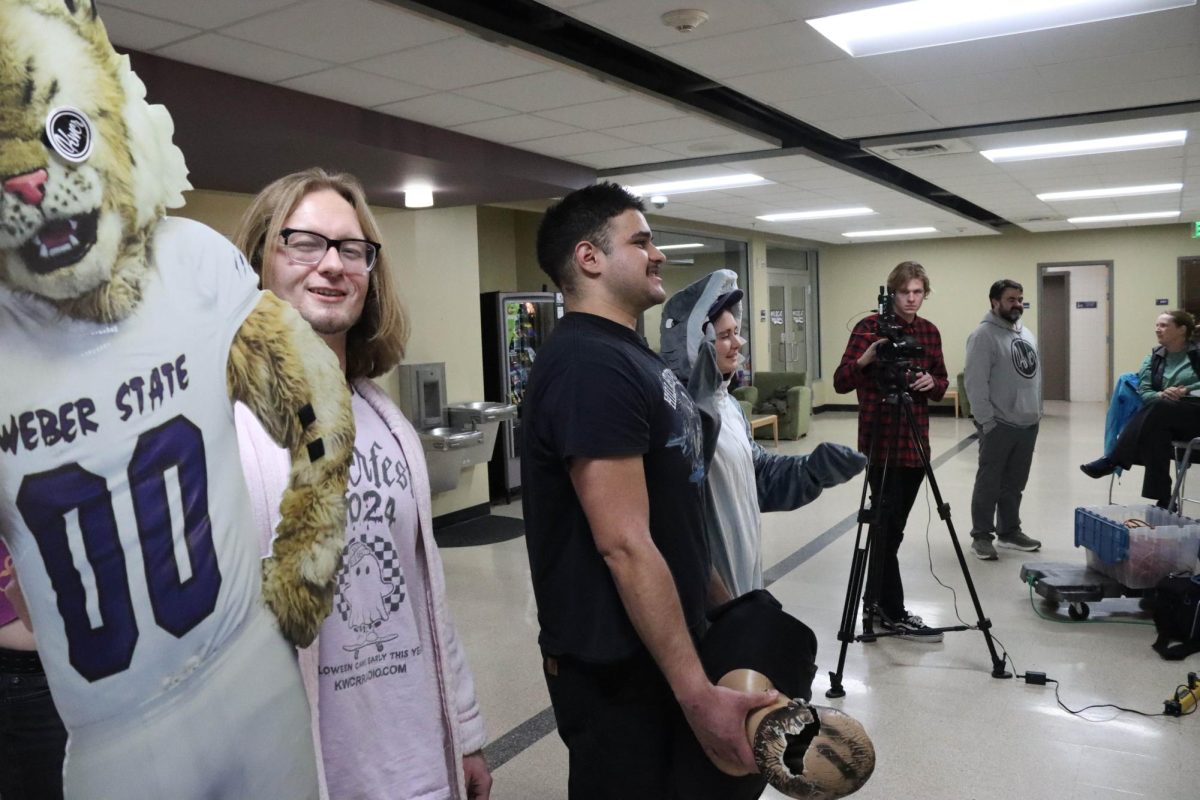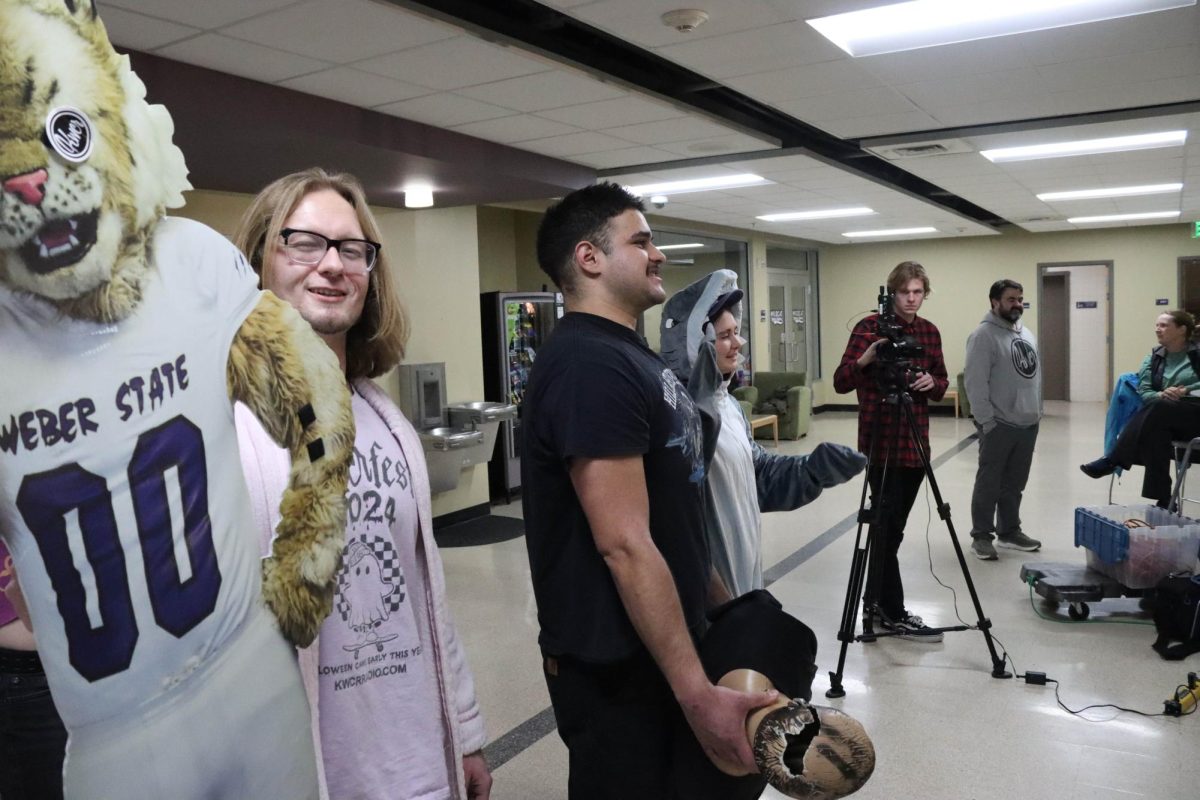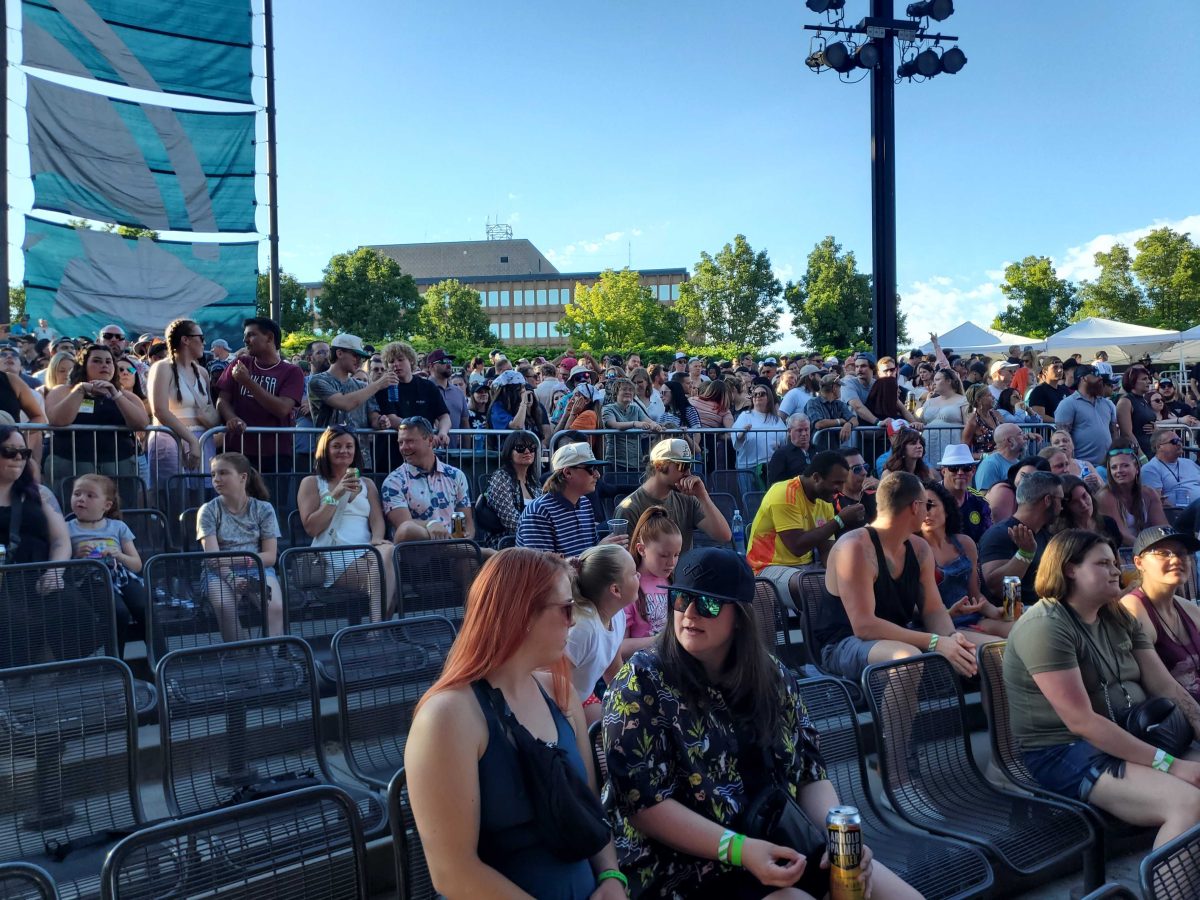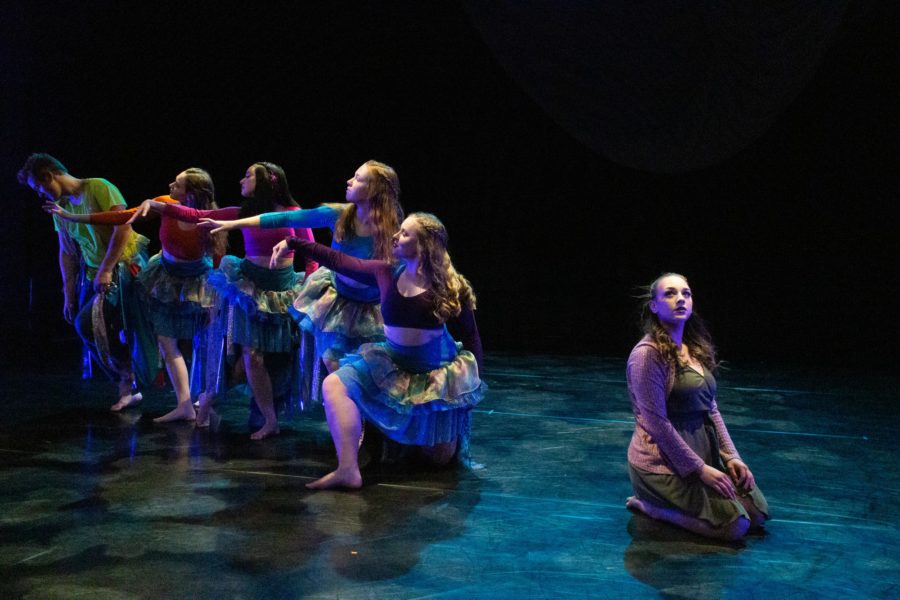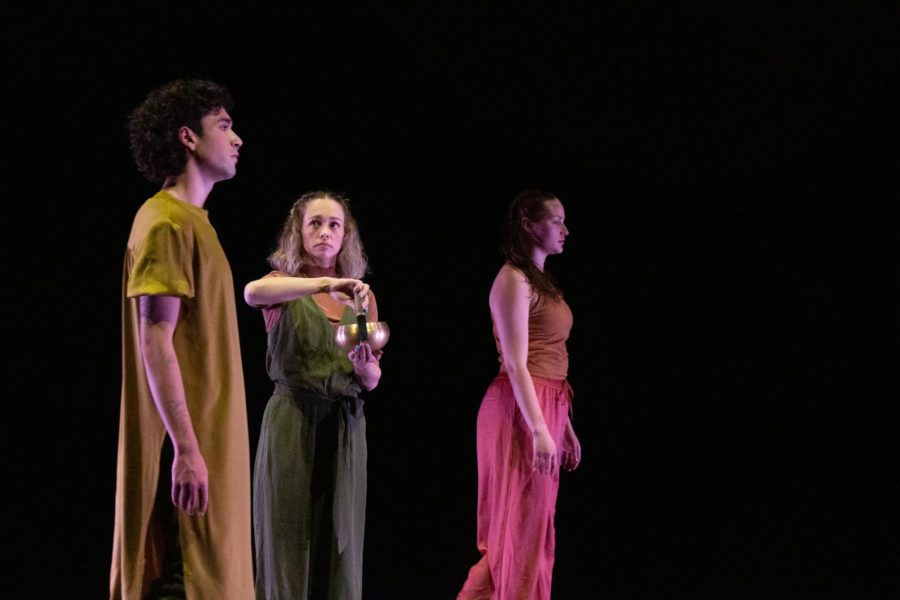When I tell people that I study opera here at Weber State, often one of the things I know people want to ask, but are mostly too polite to, is why on earth I would want to study something that many of my peers find so incredibly dull. My answer is that opera is far from dull.
What are the things that get people to watch TV? Sex, intrigue and murder. What is the basis for most, if not all, operas? Sex, intrigue and murder. “The Magic Flute” is all about intrigue; “Don Giovanni” is all about sex and murder; “Otello” has all three; the list goes on and on. While I’m still quite the novice about the opera world, every opera piece I’ve ever encountered has elements of at least one of those selling points.
For some, the language barrier is something that makes opera hard to enjoy. I totally understand in that respect. Listening to any language that isn’t native is hard. There’s no two ways around that point. However, you don’t need to be fluent in a language to enjoy singing in it. I know I’m certainly not fluent in any of the languages I sing in on a daily basis, but they’re beautiful nonetheless. Opera companies include supertitles above the stage as well as a synopsis for each act in the program, relieving patrons of their ignorance of the language. It’s always a good idea to do some research on a production before you go, too.
Another reason I really enjoy opera is I know just how hard the things the performers are doing are, and I admire them for their dedication to their art. While there are violin and piano virtuosos from around the world, have you ever heard of a successful opera singer under the age of 30? Of course you haven’t, because that just doesn’t happen. There is so much that goes on while performing opera that it takes years of hard practice to become proficient in this form of singing. As a fellow artist, I respect and want to support other performers.
I won’t lie; the first couple of times I heard opera music performed, and even the first couple of opera pieces I performed, I wasn’t sold on it. I felt like the only people who listen to that kind of music are old ladies like the one in Disney’s “The Aristocats,” listening to “Habanera” from “Carmen” on a hand-cranked record player and reliving her youth.
While there is a lot of that, the opera community is living, thriving and, I daresay, growing. For many years, the only place to find opera was in New York at the Metropolitan Opera, in San Francisco or another large city. Now there are ample places to find quality opera performances. Utah is home to two opera companies that I’m aware of: the Utah Festival Opera in Logan and Utah Opera in Salt Lake. While both are smaller companies, they put on beautiful operas every year. Tickets are reasonably priced, and both companies provide lots of opportunities for the audience to educate themselves about a performance to maximize enjoyment.
Sure, opera is considered boring, for old people and hard to get into. While it can be all of those things, it’s also very exciting and powerful if only the audience will take the time to invest its time into the genre.














